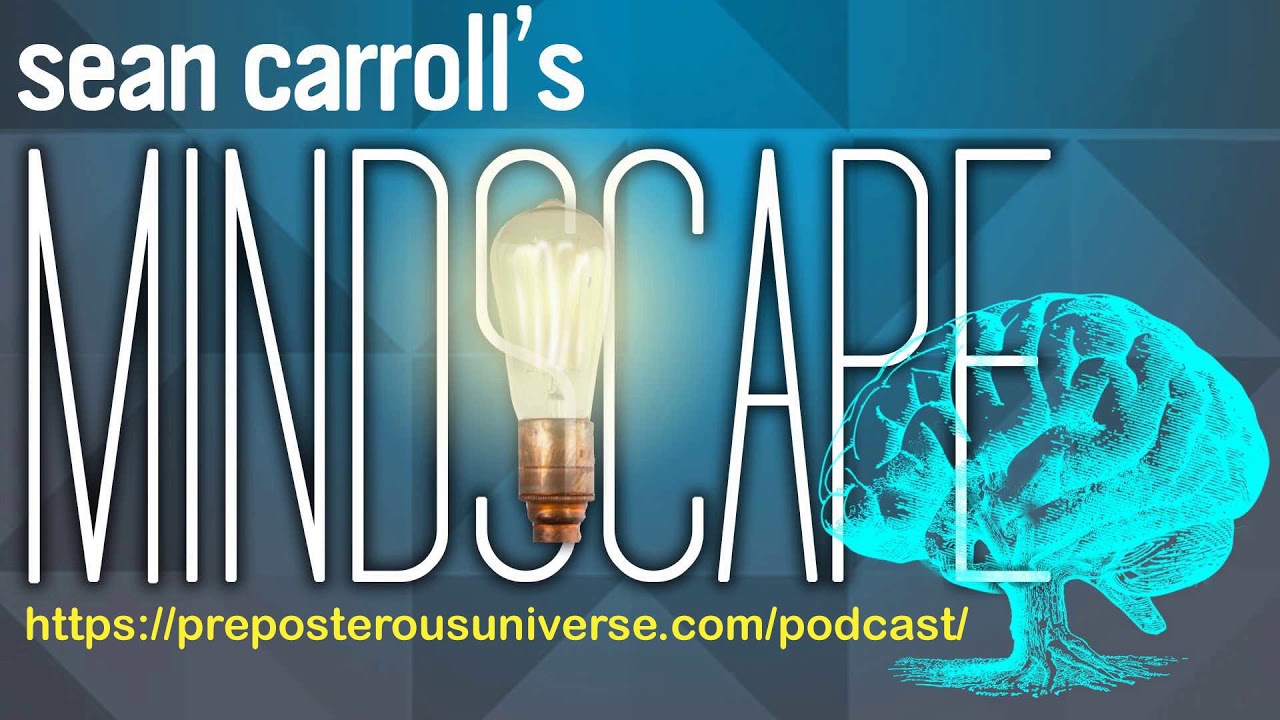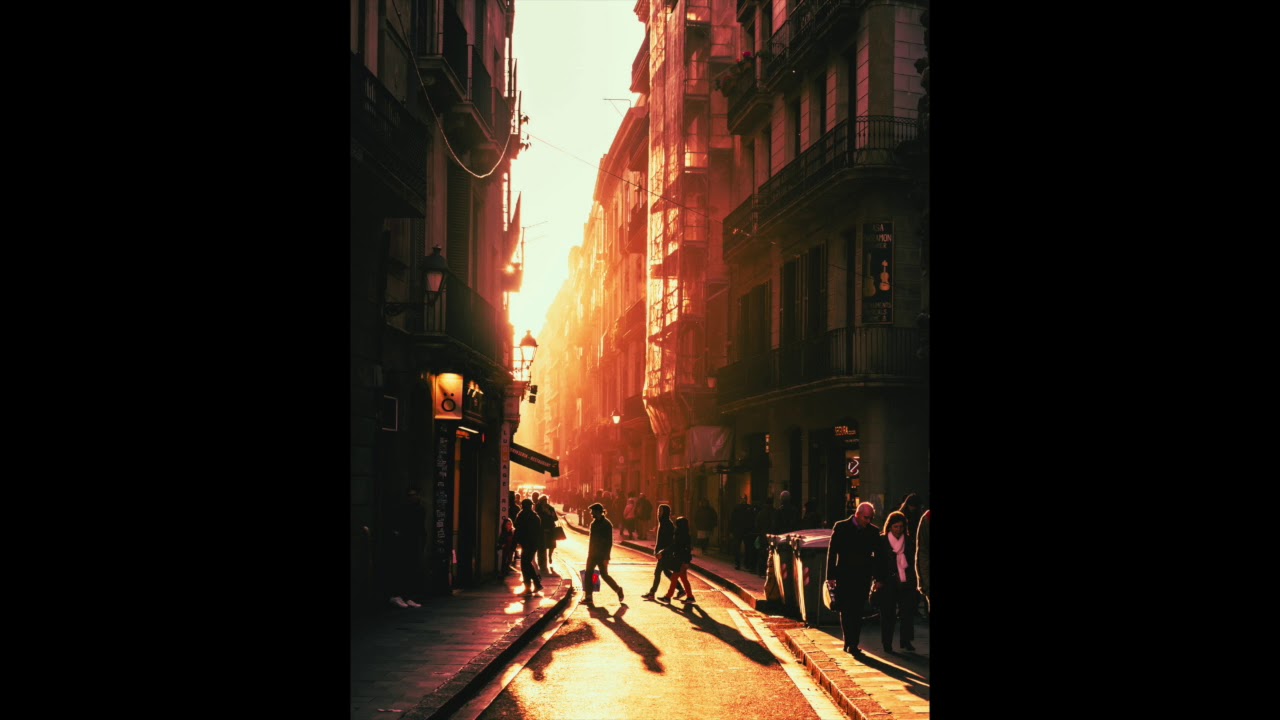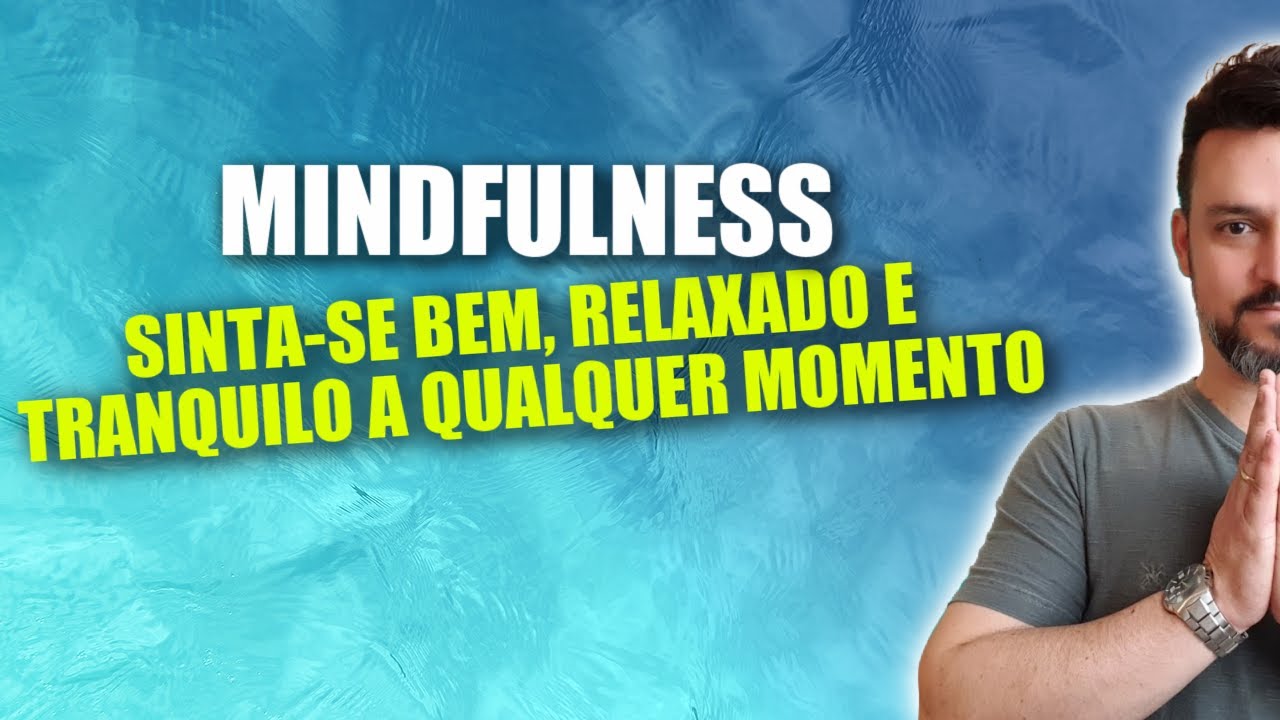Sean Carroll
Blog post with audio player, show notes, and transcript: https://www.preposterousuniverse.com/podcast/2019/07/15/55-a-conversation-with-rob-reid-on-quantum-mechanics-and-many-worlds/
Patreon: https://www.patreon.com/seanmcarroll
As you may have heard, I have a new book coming out in September, Something Deeply Hidden: Quantum Worlds and the Emergence of Spacetime. To celebrate, we’re going to have more than the usual number of podcasts about quantum mechanics over the next couple of months. Today is an experimental flipped podcast, in which I’m being interviewed by Rob Reid. Rob is the host of the After On podcast, of which this is also an episode. We talk about quantum mechanics generally and my favorite Many-Worlds approach in particular, homing in on the motivation for believing in all those worlds and the potential puzzles that this perspective raises.
Source




It is breaking my heart to know that future history will show that in this place and time, there were fewer then 100 people taking quantum physics seriously. And that they kept it secret from one another for fear of prosecution in the year 2020.
Thank you so much for these lectures. I listen almost every night and greatly appreciate you and your guests.
Many worlds is not a scientific theory. It is a metaphysical interpretation with no empirical consequences.
Many Worlds still doesn't help us understand anything about where the randomness of events comes from?
i love the subject but hate maths – i have NO ability to 'do' maths. but boy oh boy i love the subject.
If everything is predetermined and choice is an illusion the many world theory seems obselete
Imagine those universes where non tunneling, with all objects, appears as improbable as tunneling in this one.
I definetly felt myself in superposition few times in my life when i was younger and loved experimenting
At what point does matter have a wave function ? I’ve heard of scientists using macro sized molecules to perform the double slit experiment , why does it become harder to perform the experiment with larger objects? and if it was possible to propel large object like a tennis ball and it had a superposition would this make it possible to teleport it through space ?
So do the lives of animals also branch off into many worlds?
I'm not mature enough to hear him say "shoot them at 2 slits" and not laugh lol
This episode filled so many holes in my understanding of Everett interpretation. Great episode Sean, keep up good work!
What a wonderful discussion, thank you. You have the best podcast!
Sean's podcast is of such high quality content and speakers it will have 1 mil subscribers before we know it. I congratulate Sean in advance !!! Bravo!!!!!
Good one… I'm not a physicist but I loved physics in high school and college and with my background I'm not a professional like Sean, but I'm also not uneducated (I've read numerous books on Quantum physics and 'Quantum Reality'): I'd like to add to what Sean says, but as he indicates if I felt I wanted to comment on the subject matter I can always create my own Podcast.
Sean is not interested in my opinion, he gives us his professional opinion, but commentators here have to do their own work to pitch their ideas.
With that in mind I would like to pitch my further ideas on the subject to the folks who read these comments:
In the book titled "Quantum Reality" 11 different explanations for the reality of quantum physics are presented. I like two of those presented alternatives, and I think these are ones that Sean could also mention:
Theory 8: We don't know enough yet and when further things are discovered an explanation of Quantum Reality that people find acceptable may be formed.
Theory 11: There is no deep reality.
Theory 11 is my favorite. Theory 8 is satisfying because we all can just relax, not worry about the implications of Quantum Theory, and we can hope that at some time in the future, with more information, things will be understood, and hopefully something will make sense. Or alternatively we at least will have proof about the nature of reality.
When you accept Theory 11, that there is no deep reality… you do not 'split' the Universe trillions of times a second everywhere… instead, give up.
There is no reality. Stop trying to make sense of Quantum field theory. Why assume that things should make sense. We live in the macro world where Newtonian Physics seems to apply and our brains have a 'common sense' component evolved only to deal with this world of our experiences.
————————–
Summary: I use Theory 11, there is no deep reality. There's no realness of anything at the quantum level other than the equations. Whenever Sean yet again splits the Universe I just think to myself, nope, none of that is necessary. You can just stop trying to make sense of it. Just use the math and say there is no way to interpret the math that is real to us.
Cheers!
Sean, I'm trying to understand the physical aspect of the wave function; this as opposed to the particle which you say really doesn't exist, as an object? Is that right?. So is an electron only physical after its observed and the wave function collapses, or is the wave function some sort of strange physical object as well?
I have questions : Which particles or waves have been observed capable of entanglement? What is the present practical means of establishing entanglement? In many worlds, aren't all other worlds except this one that I am aware of irrelevant and infinitely unobservable therefore their existence can only be relegated to faith, and what occurs in this world is completely random because I can never be aware of its consequence?
I'm very grateful to have evolved along the same branch of the wavefunction of the universe as this version of Sean Carroll.
i have been listening since you was last on joe rogan, thank you sean
Interesting
Very interesting
I agree with Sean’s interpretation, but not exactly in the way explained. ‘Splitting’ is a way of thinking of it, but that assumes time is something real. I’m thinking the universe somehow exists without time, in a way that all possible results are occurring without the concept of a clock ticking. What we experience as time is what I have no idea about. Is humanity’s inability of thinking without a concept of time making the question fundamentally impossible to understand. So I propose the seemingly simple question; What is Time? Everything will follow if this is answered; at least in my ignorant, fuzzy frustrated curiosity. Infinities, path integration, wave functions all go away or make sense when energy isn’t experiencing time, but is still somehow evolving. Sorry I can’t make the thought more clear, it’s because I don’t understand it.
Reid is a marvelous interviewer.
Let’s say you’re in a home in Los Angeles, but there is a world where you are in a home in New York?? Now, what makes being in a home in New York more decoherent than being a step away to the right from where you are?? Is it because you are entangled with your environment in your home in Los Angeles?? If so, then the pivotal factor in determining decoherence and consistency is you?? Your awareness?? Your entangled state??
Let’s say you have two possible locations for an electron, one more probable than the other?? My question is what makes for the difference in probability?? There must be some underlying principle determining the difference in probability?? If the electron is potentially everywhere, but is constrained by probability to a range of locales, then what causes such a range of probability values?? I suppose the real question is what makes for the difference between consistent and decoherent histories??? The macroscopic world obeys certain laws and principles, if such a macro world is emergent from a more fundamental quantum reality, then by extrapolation downward in scale, could the rules of the quantum world also be emergent from a still more fundamental underlying reality?? If so, what would that reality be??
I''m sorry but I found this to be a very weak episode. Here you have one of the smartest people alive (with all due respect to Rob Reid, I'm talking about Sean Carroll), who believes in a theory that if you explained it to the average person, 99.999% of them would think you are literally insane, and yet Reid only asks him a bunch of softball questions that don't challenge the MW theory in any way.
+Sean Carroll Is it possible that the efficiency argument against reality being a simulation is solved by the observation phenomenon (observing a particle causes it's position to be actualized) in quantum physics? The efficiency argument is that a true simulation would only simulate parts of reality at a time when it was within a player character's visual reference frame. Many computer game simulations use this tactic to allow for creating massive game worlds without running out of pc resources. Could this observation effect be a way of creating efficiency in the system and thus lend more credence to the simulation argument?
1:03:30…I’m no expert, but if there is a panel of 4, each arguing in favour of a different interpretation of quantum mechanics, and the Copenhagen interpretation isn’t one of them, then I really do not think that this is a fair representation of how the mainstream physics community consensus is divided. Bohr’s interpretation remains the orthodox one, overwhelmingly.
2:38 O mu mama
To completely flip this Rob should have done the introduction.
It makes perfect sense that we interfere with our observation because we use waves that interfere with the experiment. Though unlikely, if we could use some exotic waves that do not interfere with these waves we could measure them without interfering.
Add me to the number of Everettians.
Sean speaks so well.
When photosynthesis is a process of quantum mechanics in the cells of plants,
then the amount of harvest on this world is a quantum mechanical mesurement. As Sean Carroll claims: Every possible quantum mechanical mesurement is taken by one or the other branch of the many world:
The hypothesis of quantum mechanical "many worlds" predicts some branches of human society will starve to death all of a sudden due to no harvest quantum mechanically mesured, just because that is somewhere in the wave function.
The "many worlds" idea predicts to all the people of the world: "One branch of you will starve to death all of a sudden!" Isn't that terrorism?
@Sean Carroll can stop this terror, when he marriages the "many worlds" idea with the "simulation hypothesis": All of the "many worlds" can virtually still exist, but the great simulator quickly looses interest in simulation unlikely branches further and stops them. Otherwise there for sure would be a branch of human kind where every quantum mechanical experiment disapproves likelyhoods of quantum mechanic physics.
I have an enormous respect for Sean Carroll as a wonderful physicist and educator, but I fundamentally disagree with him on this topic. I'm surprised that many brilliant theoreticians assert that the wave function IS the physical system. The wave function gives the STATE of the system. The electron is what it is, i.e. one of the fields of quantum field theory, so it is a serious mistake to confuse it with its wave function, which is none other than a computational tool. Basically, the classical analogue of what Sean is saying is that position and velocity of a particle do not describe its state, they ARE the particle. Advocating such a point to me is bullshit. Check out Carlo Rovelli's relational interpretation of Quantum Mechanics for the real physics, as opposed to this metaphysics.
Amazing talk.
If Sean would try DMT,I think he could master the universe and conciousness.
Great to hear this explained in 3dimensional logic. Still working hard to grasp the reality logic lol
Brian Greene and Sean Carroll are my two favorite physicists to listen to and learn from.
But why does the world keep splitting into predictable patterns for most of us.?
Thank you for this fascinating talk. I have a naive question for you. My brain, as yours and any, is made from particules and essentially works by sending an electric signal from one neuron to another through synapses (which you can show on a EEG for instance). That's roughly the way thoughts and ideas are generated. I guess we can thus assume a brain constantly collapses wave functions by locating an electron in a certain region and in some sense an idea would be the result of a measurement. Now imagine I consciously order my brain to generate a number between 0 and the infinite, so that I have an infinite liberty to choose this number. According to the many worlds theory, at the moment I'll write this number, I should create a branch, is that true ? If so, what would be the probability, or thickness, of a branch in this case ? One over an infinity, meaning 0, so none of these branches should exist. Isn't that paradoxical ?
"To let understanding stop at what cannot be understood is a high attainment."
That was a quote in a book I read as a teenager. At the time it seemed profound, later it seemed like giving up, after all how can you know what can and what can not be understood? All you can do is try to understand or give up. Now I am not so sure. When (if ever) we get to the final theory of everything will that be the end to all interpretation? Or will keep trying to understand why it is? Why is that the final theory?
Ultimately there is no reason why, the universe just is. Do we have to wait until the final theory of everything to reach that conclusion? Even with the final theory, we won't have figured out the complex stuff, the various levels and layers of interactions. But we could use the final theory to figure them out. In other words, we could shut up about what it all means, and just calculate what it is.
Starting at around 36:28 is the money shot in Quantum Mechanics for me, it's like when I read Brian Greene's book The Elegant Universe, there was a money shot of a clear understanding of space-time in that book, and in this podcast there is a clear understanding of superposition and the many worlds interpretation.
Why don't the virtual particles which carry forces and constantly interact with particles (including electrons) cause "collapse"?
My new favourite podcaster. Sean there's you and NDT at the top, … I actually pefer your delivery, plus you don't dumb down the analogys to the point they are redundant …. which other physicists are guilty of. Love you Sean.
Rob Reid sounds like Jake Tapper a little.
On the subject of the Double-Slit Experiment…I am yet to learn of a mechanism of "detecting" which slit a photon passes through without destroying the "original" photon; or, in the case of an electron, without interacting with it (and therefor fundamentally changing its future). I'm not disputing the evidence, I'm uncertain about the interpretation
Starting this podcast at any random time, a wavefunction collapses and with a certain probability you will find the interviewer being interviewed by the interviewee, or vice versa.
Oddly MWI is the most metaphysically theistic. This is because Carroll's "Machine" (referring to the Universal Wave Function), contained within mathematical realism, is a Gödel machine in order to account for its ability to SFHD (solve for Heat Death) timelessly.
The wave function's output requires +t and -t to possess all the necessary talent to accomplish step-by-steps through the algorithm handling BOTH self-organization AND entropy, AND agenty systems (teleonomic) in its branching block universes. Carroll's teleological UWF is God.
I am always impressed with your clarity of thought Sean. This was a very fresh way to frame the curiousities of QM.
For anyone interested in a random recommendation, there is a somewhat related Google Tech talk about the quantum "conspiracy" that is quite good:
https://youtu.be/dEaecUuEqfc